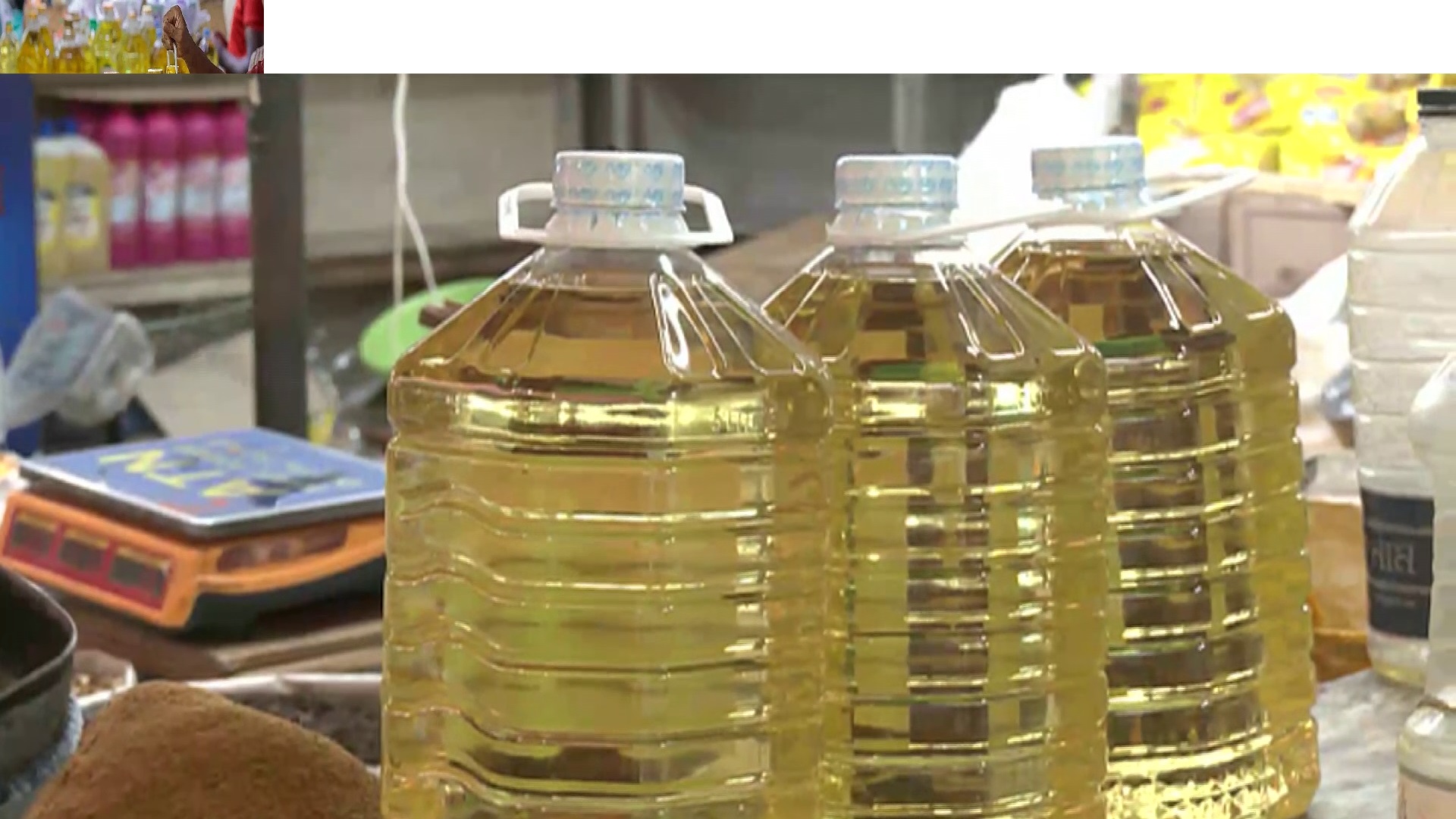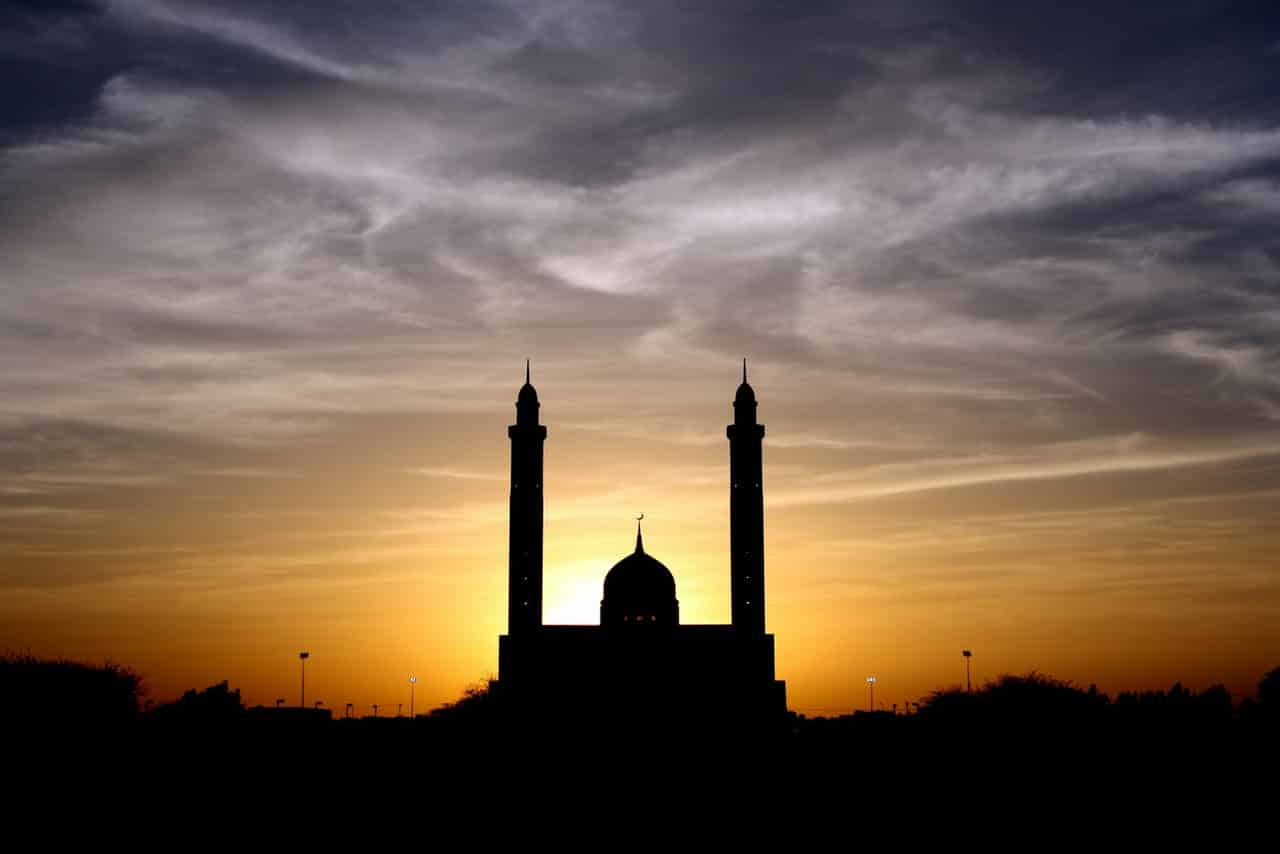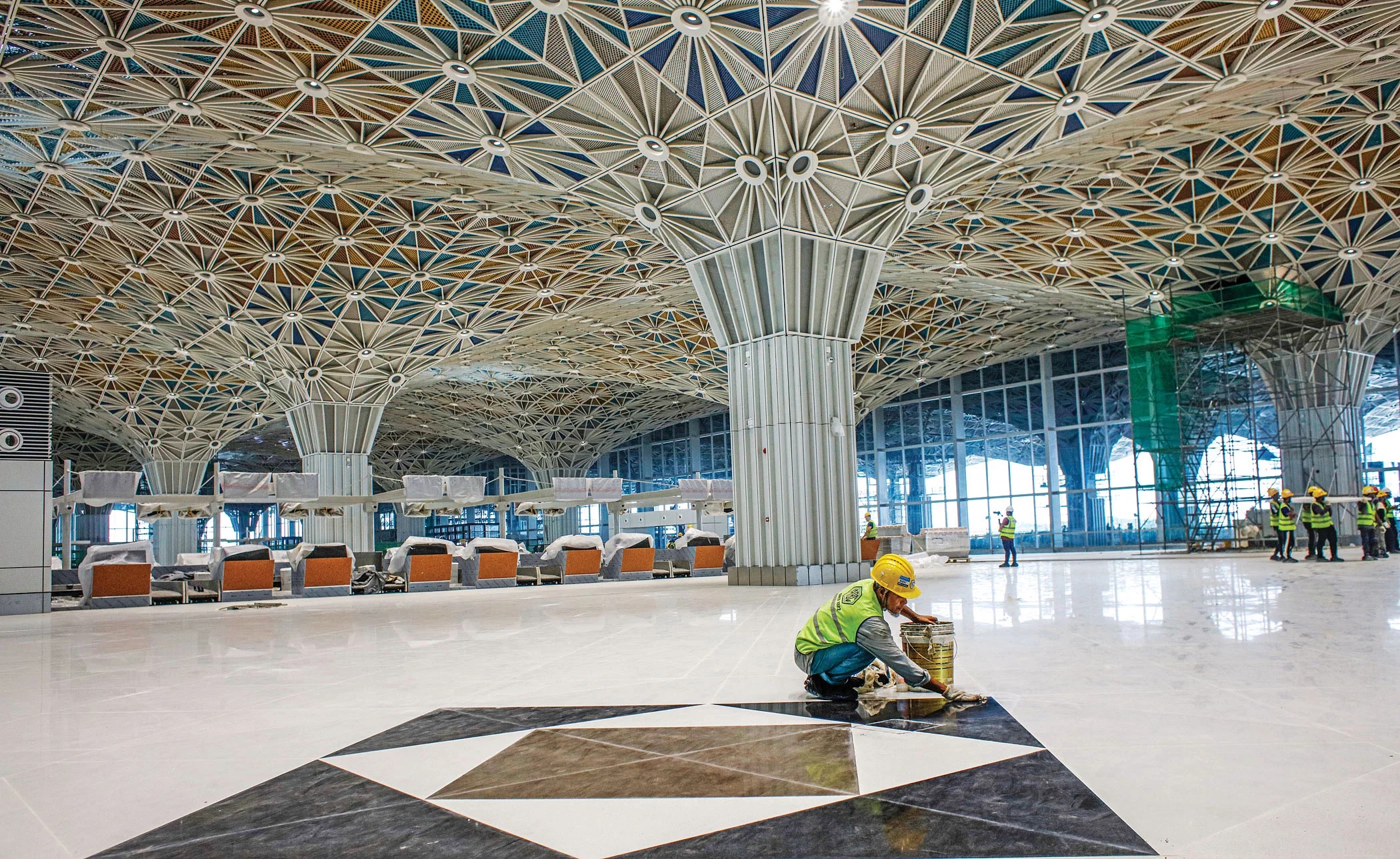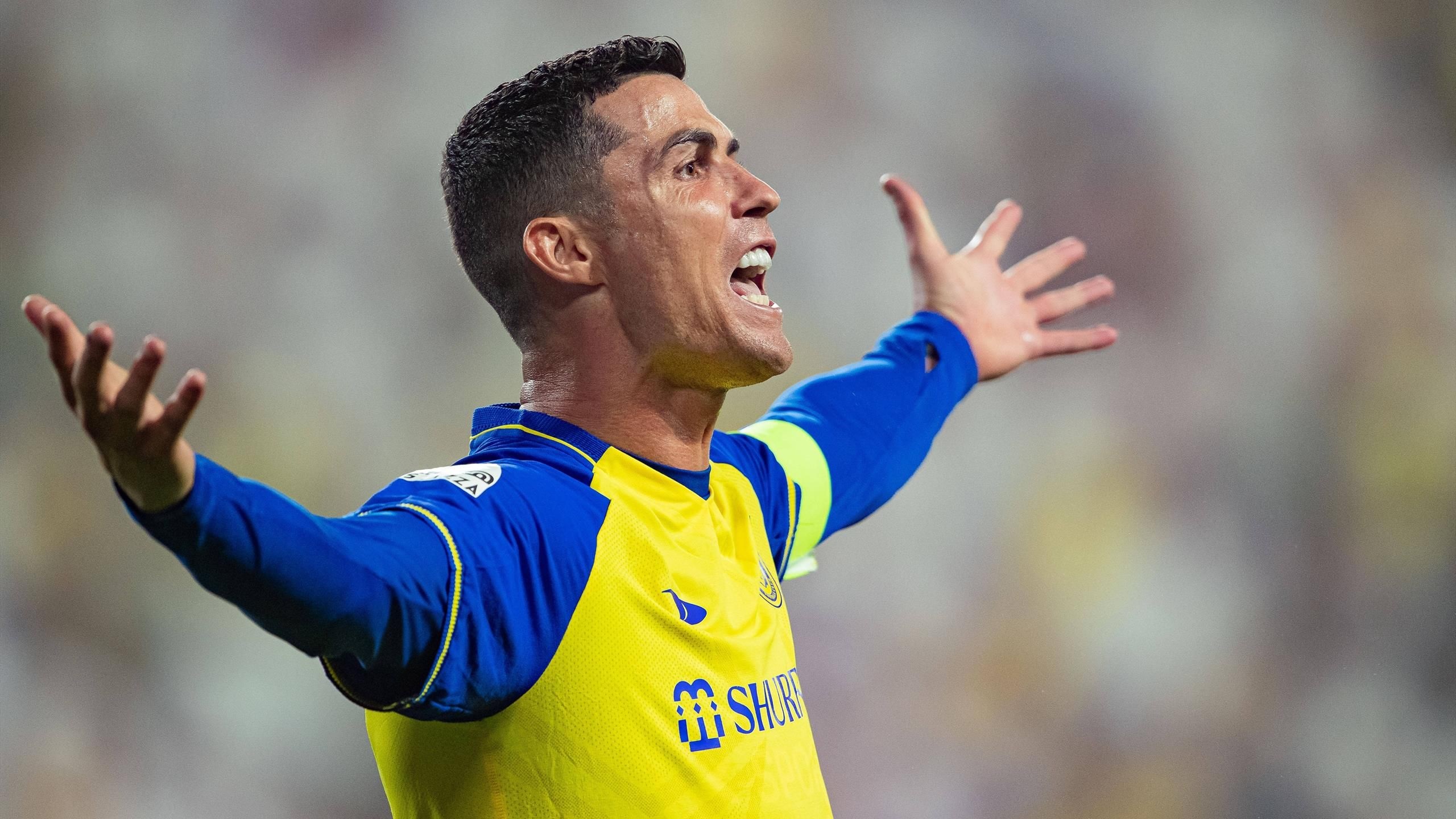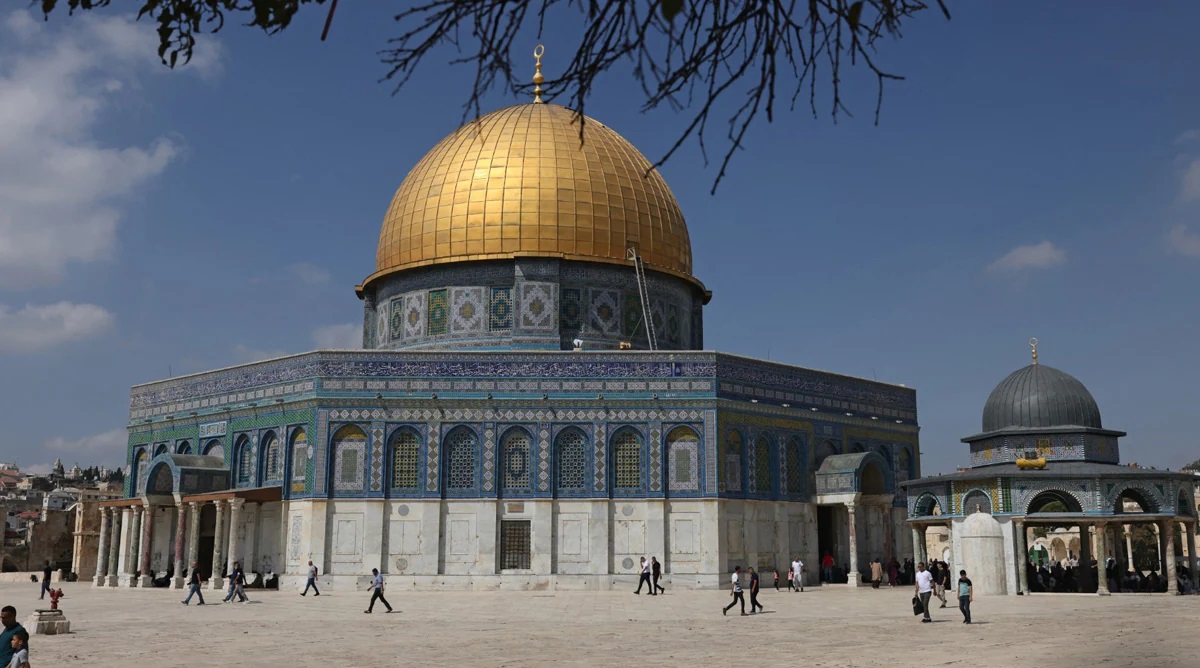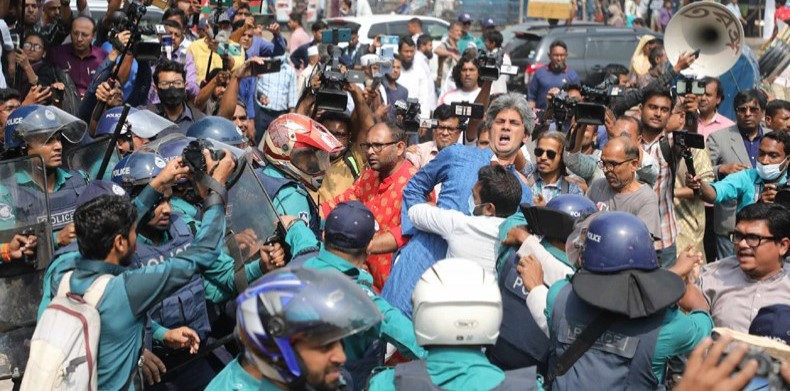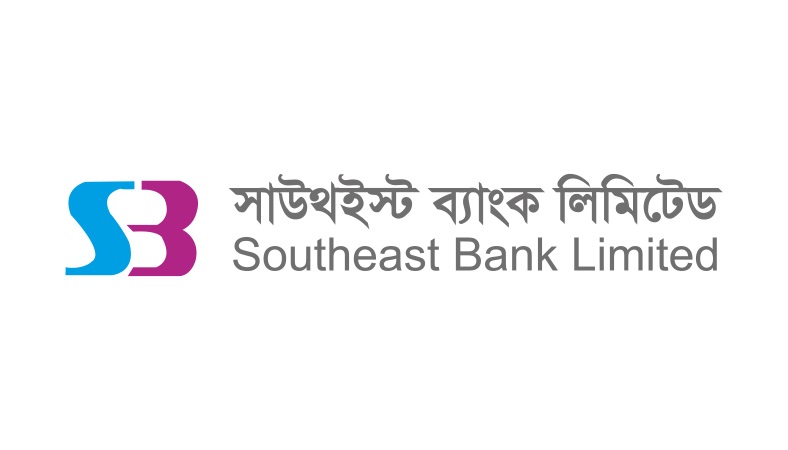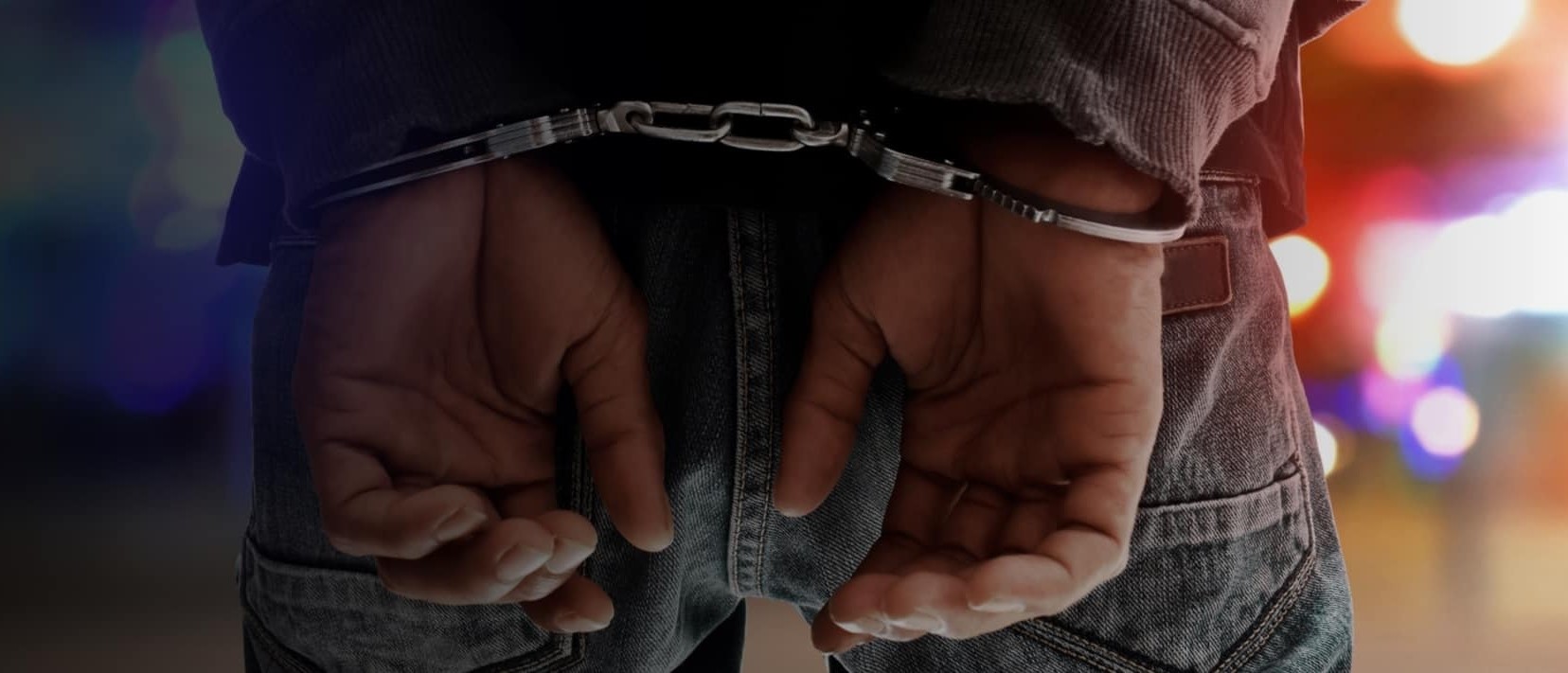As a part of intensifying and strengthening narcotics control across the country, the government has taken steps to form an independent institution to carry out dope tests in a structural manner.
The dope tests will be conducted mainly for higher education admissions and for entrance in the job and the transport sectors, with the latter being one of the bigger reasons for the formation of the institute.
The decision was taken at the last meeting of Parliamentary Standing Committee on Ministry of Home Affairs
It would be formed following the structure of Bangladesh Standards & Testing Institution (BSTI) and will monitor and ensure dope test in all job sectors and will also take steps to make sure that tests are conducted before admission in any educational institutes for higher degree and again before the final examination of the degree.
The "Bangladesh Drug Testing Institute" will be set up in 19 districts -- Dhaka, Chattogram, Rajshahi, Khulna, Barisal, Sylhet, Faridpur, Mymensingh, Tangail, Jashore, Cumilla, Rangamati, Noakhali, Pabna, Bogura, Kushtia, Patuakhali, Dinajpur and Rangpur -- under a project called "Introducing dope test to detect drug addicts (first) phase".
Shamsul Haque Tuku, chairman of the Parliamentary Standing Committee on the home ministry, said, "We want to give dope test operation an institutional structure. The test will be conducted in educational institutes, and before entrance in the job and transport sectors to identify drug addicts, adding that the word "dope test" may be disrespectful for someone applying for a job or higher studies.
"For this, we are planning to term it as a 'special health examination'."
He said if anyone wants to complete their education or get a job, they must stay away from narcotics, adding that a public university and a police force have already started conducting the tests and they are hopeful that it would be implemented in all sectors soon.
Tuku further said they have sent letters to the education ministry to implement the dope test operation in all educational institutions. "We would discuss about the progress in the next meeting."
"We have a plan to check [public] transport drivers before, in the middle and at the end of a journey, so that no one gets the chance to drive any vehicle after taking drugs," Shamsul Haque Tuku said.
"The transport sector is a major stake holder for the dope test operation and we also have a member from the Ministry of Road Transport and Bridges [on board with the operation]," he said, adding that they are hopeful that the operation of the test will change the grim scenario of the sector in the upcoming days.
According to ministry sources, the three-year-long project, costing Tk 62.83 crore, was initiated to intensify the dope testing across the country.
Muhammed Ahsanul Jabbar, director general of the Department of Narcotics Control (DNC), told The Daily Star yesterday that a separate laboratory for the dope tests will also be set up and steps have already been taken in this regard.
Sources in the home ministry said any authority would able to conduct dope test through the institute. If any private organisation want to conduct the test among its employees they too would be able to apply for it, sources added.
The Shahjalal University of Science and Technology (SUST) in Sylhet has already started conducting the test among the newcomers during the admission since last year.
Bangladesh Police have also started conducting the test among its officials.
The authority of Dhaka Metropolitan Police (DMP) recently conducted it among around 100 suspected officials and found evidence against 26 officials regarding drug abuse. Steps have already taken to dismiss them from their jobs, according to sources.
The 26 police personnel include a traffic sergeant, four sub-inspectors, three assistant sub-inspectors, a Nayek and 17 constables. DMP commissioner Shafiqul Islam also disclosed the development while inaugurating the office of newly formed Mirpur Traffic Division on September 26.
Meanwhile, Tuku, during a crime conference on September 14, instructed the officer-in-charges of all police stations in the metropolitan area to create a list of known drug addicts of the areas concerned, according to sources.
He also instructed the officials to help these drug addicts' family members in the rehabilitation process. He further asked the OC's to take legal action if anyone's condition does not improve even after rehabilitation.
Sohel Rana, assistant inspector general of Police Headquarters, said police have conducted different kinds of awareness programmes along with a drive against narcotics.
Besides, they have increased vigilance among force officials so that no member of the force gets involved with narcotics trade or becomes addicted, he said, adding police is not only conducting dope tests before joining the job but also after to identify addicts.
Sources said the public administration ministry on September 5, 2018, issued a letter to include dope tests along with the existing process for all kinds of government jobs.
Referring to the letter, the security service division of the home ministry sent a letter to all ministries on September 18 that year but the dope test operation was yet to get any structure, sources claimed.
The security service division of the home ministry on February 5 this year sent a letter to the secretary of the Secondary and Higher Education Division and the Secretary of Technical and Madrasa Education Division.
Getting no response from the former, the home ministry again sent a letter on August 8.
The Technical and Madrasha Education Division, however, instructed the concerned wings to take necessary steps for dope testing.



